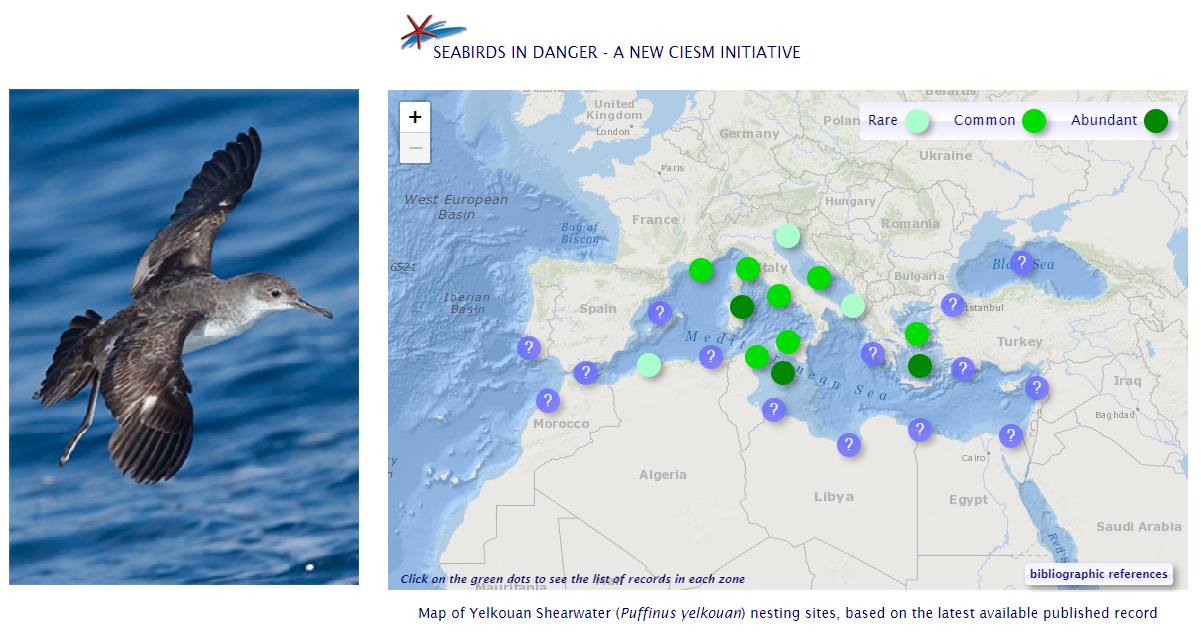
The globally Vulnerable Yelkouan or Mediterreanean Shearwater Puffinus yelkouan is endemic to the Mediterranean and Black Seas. At risk from fisheries at sea and introduced predators and light pollution on land, it has been identified in the past as a potential candidate for listing by ACAP.
In response to its unfavourable conservation status the Faculty of Biology and the Biodiversity Research Institute (IRBio) of Spain’s University of Barcelona have commenced a new study of the biology and ecology of the shearwater at a global scale in the Mediterranean. Collaborators in the project come from Crete, France, Greece, Italy, Malta, Spain, Tunisia and the United Kingdom, with funding from a Swiss foundation. The project is being led by Raül Ramos, from the Department of Evolutionary Biology, Ecology and Environmental Sciences at the University of Barcelona.
“As part of the project, during 2020, the experts will study at the same time the space ecology (with miniaturised GPS) of five colonies of seabirds and will add data from previous studies to create a global evaluation gathering up to eight different populations in the Mediterranean. The project will provide unpublished data to help define the main feeding areas for the Mediterranean Shearwater in the natural environment, the overlap between different populations, the nutrition pattern and areas of coincidence between fishing boats and seabirds. Moreover, the experts will apply geolocation technology to see the migration patterns and hibernation areas of these birds (estimated to be in the Black Sea) in order to shape the annual distribution of each population and the general biological cycle of this endangered species.”
Read more here.
Reference:
Cooper, J. & Baker, G.B. 2008. Identifying candidate species for inclusion within the Agreement on the Conservation of Albatrosses and Petrels. Marine Ornithology 36: 1-8.
John Cooper, ACAP Information Officer, 04 March 2020, updated 05 March 2020

 English
English  Français
Français  Español
Español